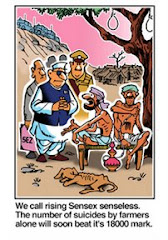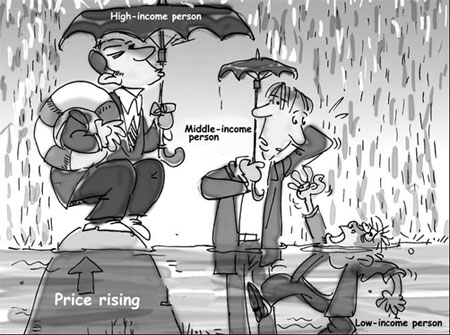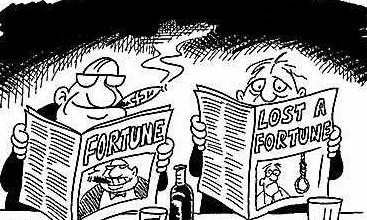Investors are entering 2011 in a relatively bullish mood, raising equity holdings to a 10-month high, increasing exposure to high-yield credit and cutting back on government debt, Reuters polls showed yesterday.
Within bond portfolios, however, concern about the cost of U.S. Treasuries and the stability of euro zone debt, did not show up dramatically.
Allocations to emerging market debt were cut instead.
Surveys of 55 leading investment houses in the United States, Europe ex UK, Japan and Britain showed investors holding 54.1 percent of a typical mixed-asset portfolio in stocks in December.
That was up from 53.2 percent in November and the highest since 55.4 percent in February.
Bonds were cut to 33.9 percent, the lowest since February, from 34.2 percent in November. Cash was at 3.9 percent, down from 4.6 percent.
A combination of improving economic data and a belief in future, robust, corporate earnings has lifted investor appetite for equities over the past few months. The MSCI all-country world stock index was flirting yesterday with levels last seen in September 2008.
"People are coming off the sidelines and buying stocks," said Keith Wirtz, president and chief investment officer at Fifth Third Asset Management in Cincinnati.
There was also sign of risk appetite in an increased exposure to riskier, higher yield bonds.
At the same time concerns have risen that yields on benchmarket government bonds are too low, providing little return and threatening a sell-off.
Investors in the Reuters polls did cut back overall exposure to bonds. But when it came to the money left for bonds they favoured U.S. and euro zone government debt over most emerging markets, which have been very popular this year.
Exposure to emerging market debt was 8.1 percent of a bond portfolio for the month, compared with 9.6 percent a month earlier.
Investors also regained some composure about euro zone government bonds following the crisis over Ireland's debt. They raised exposure within a bond portfolio to 31.5 percent from 31.2 percent, although these numbers remain well below the more than 42 percent seen at the beginning of 2010.
REGIONALLYU.S. fund managers built up their equity holdings in December to one of the highest points this year on signs of a swifter economic recovery.
The poll, which surveyed 13 U.S.-based fund management companies, showed firms boosting their equity allocations for the fourth month in a row to an average of 65.0 percent, two percentage points over November.
The Reuters poll also showed money managers scaling back their exposure to bonds for a fourth consecutive month, to 27.9 percent of their portfolios in December, compared with 30.2 percent last month.
Japanese fund managers held on to most of their global stock weighting in the month and raised their bond allocation to the highest level since September on the view that recent falls in bond prices were overdone.
The 13 respondents also lowered their cash position to the lowest level in more than a year.
Asset managers' average weighting for global equities in the Japanese poll fell only 0.1 percentage point from the previous month to 47.1 percent. The weighting for bonds rose to 48.3 percent in December from 46.9 percent last month.
European fund managers lifted equity holdings to a 11-month high and also boosted bonds.
The survey of 17 Europe-based asset management firms outside Britain released showed a typical mixed portfolio holding 50.1 percent in equities this month, compared with 49.6 percent in November.
It held 37.5 percent in bonds including government and corporate debt, compared with 37.3 percent last month. Cash holdings fell to 5.3 percent from 6.1 percent, hitting their lowest level since January.
British fund managers increased their exposure to equities, particularly domestic UK stocks, and cut back on bonds.
The survey of 12 investment managers showed the average allocation to global equities climbed to 54.2 percent from 52.8 percent.
Bond holdings dropped to 22.0 percent from 22.5 percent.
Exposure to UK stocks within equities jumped to 16.3 percent from 12.6 percent in November.








